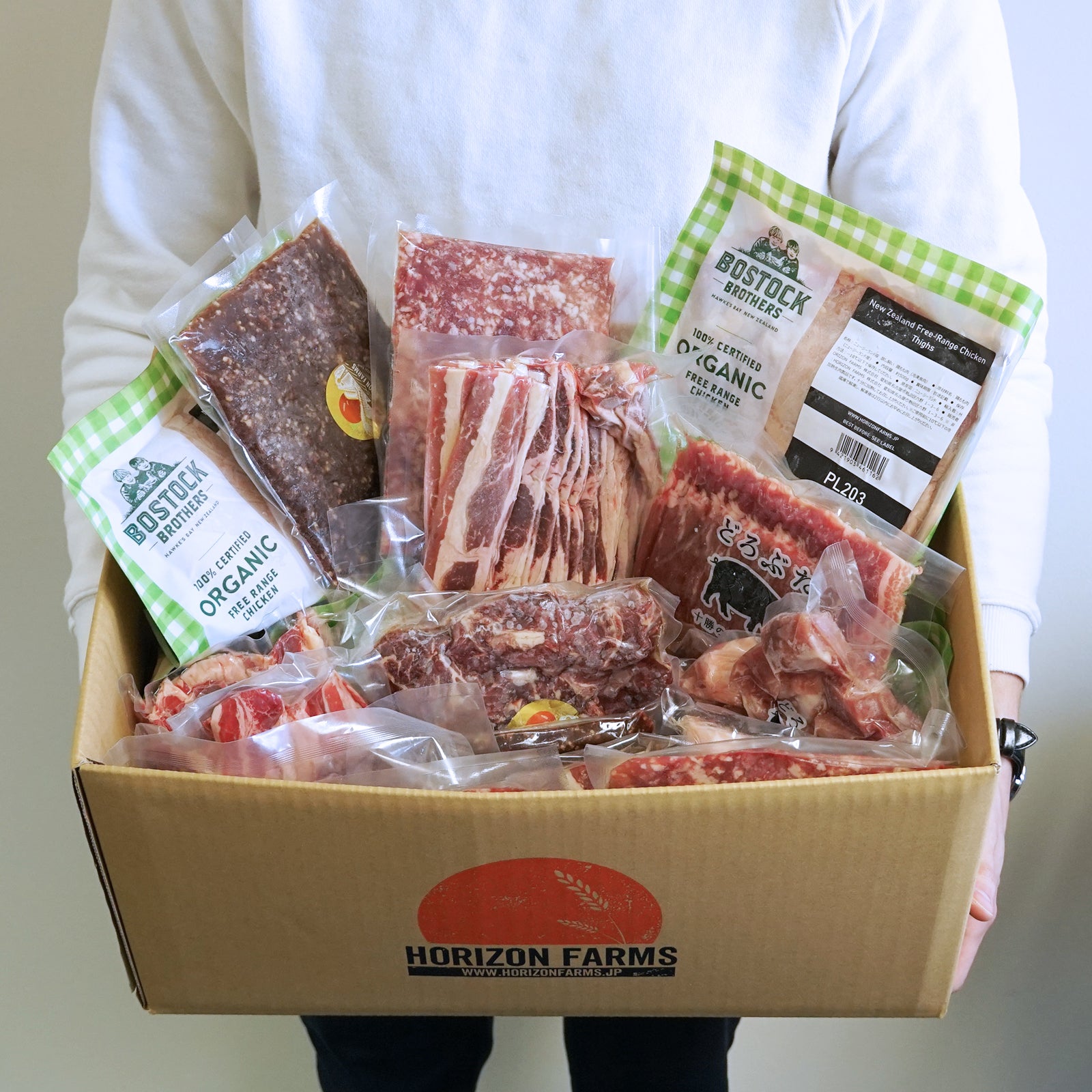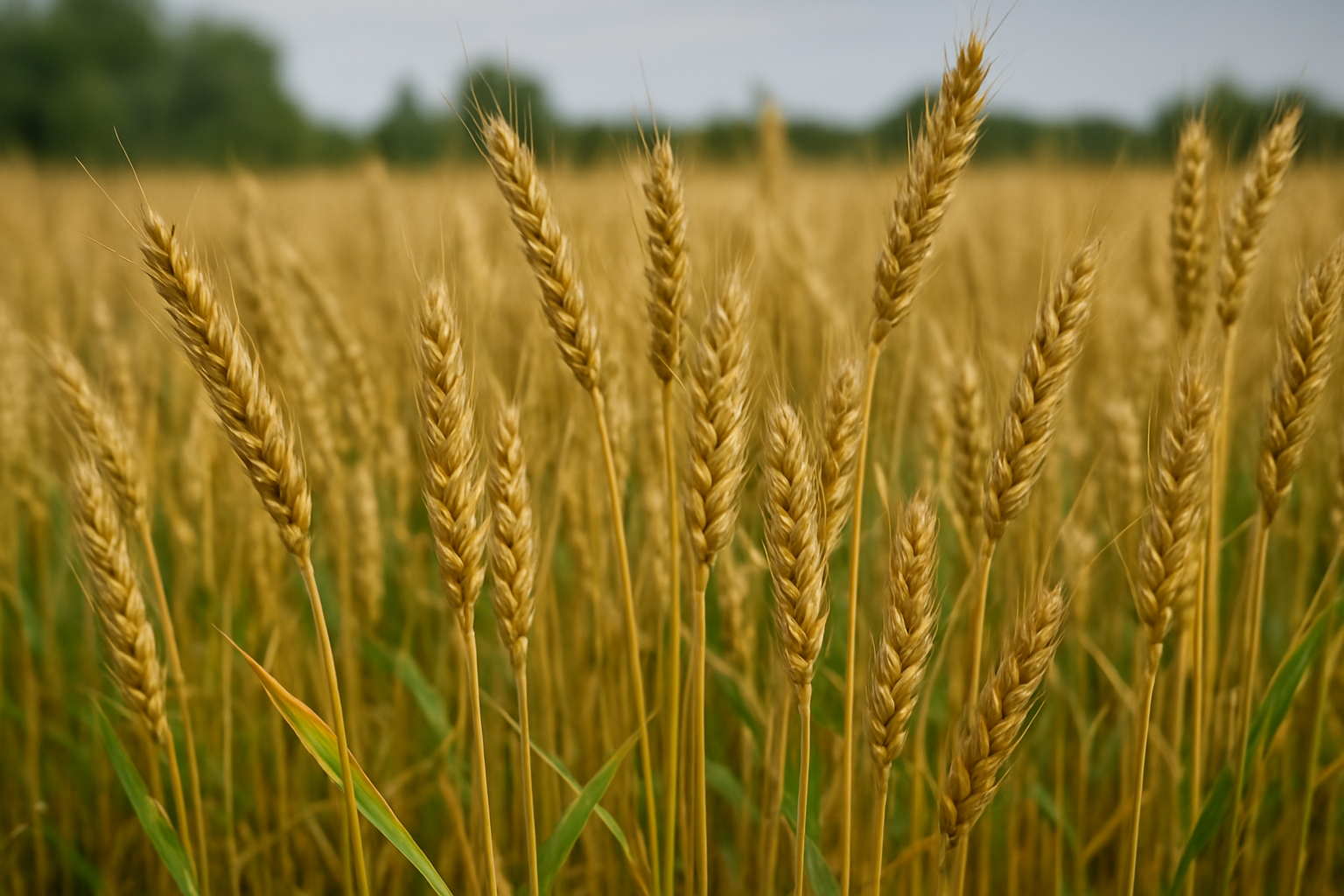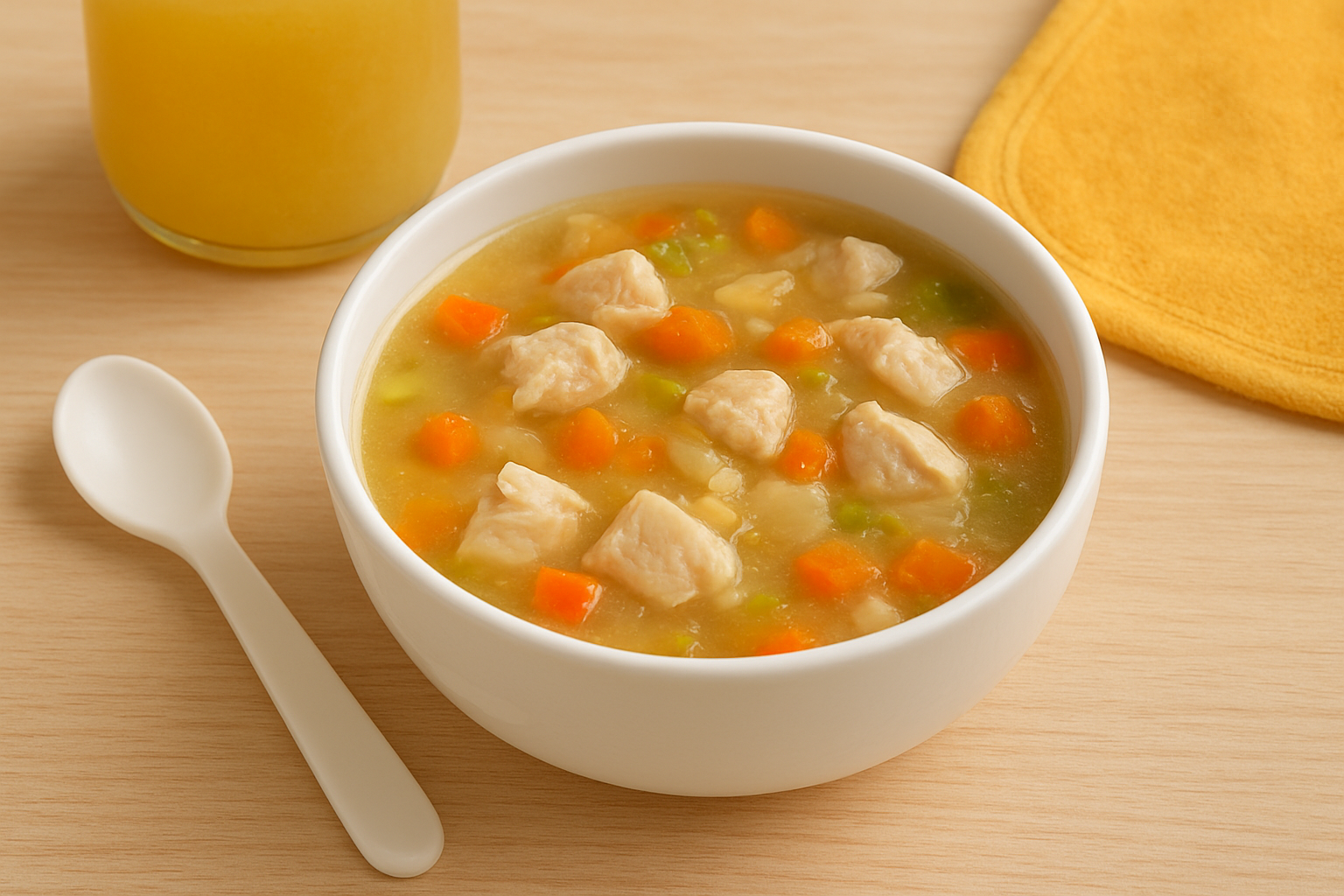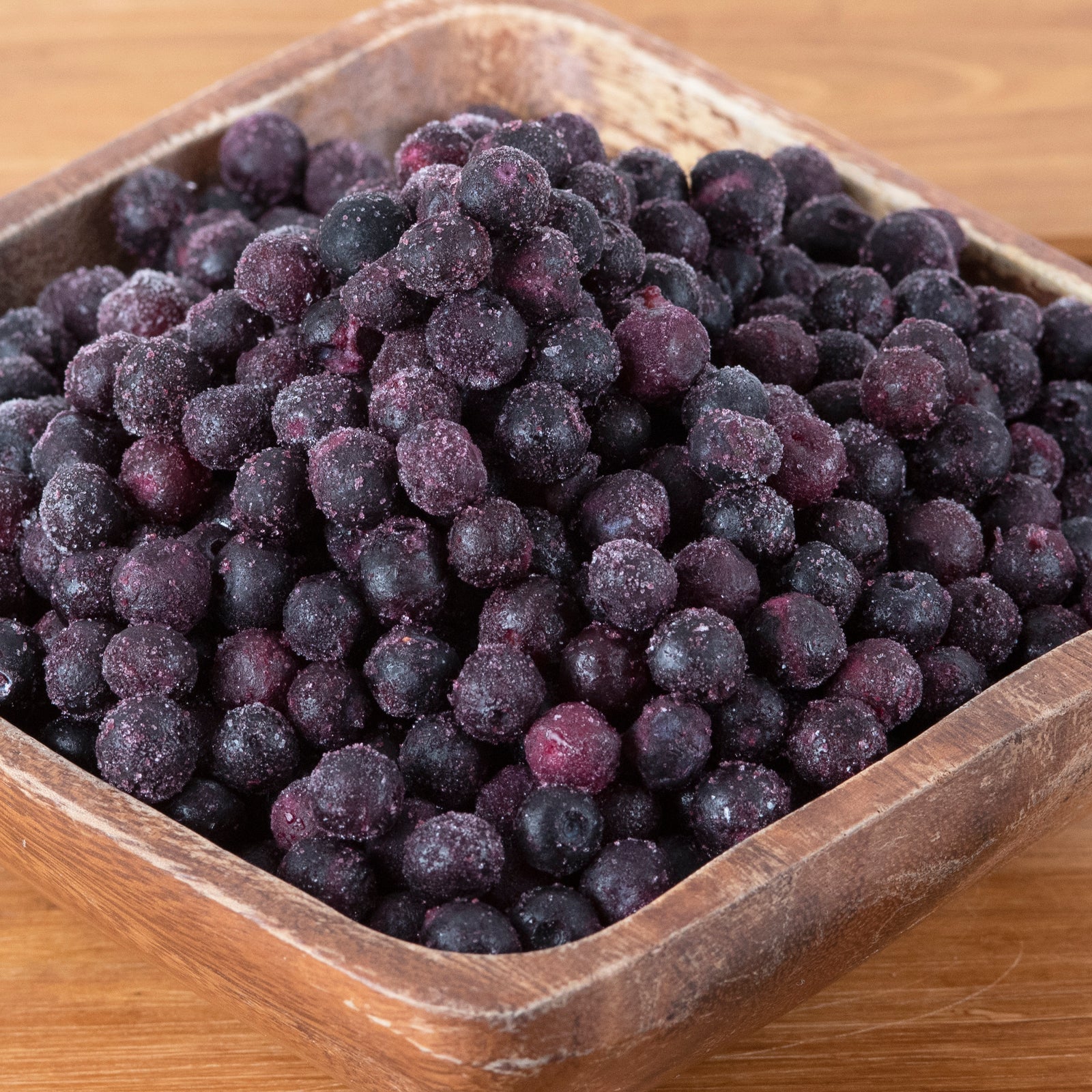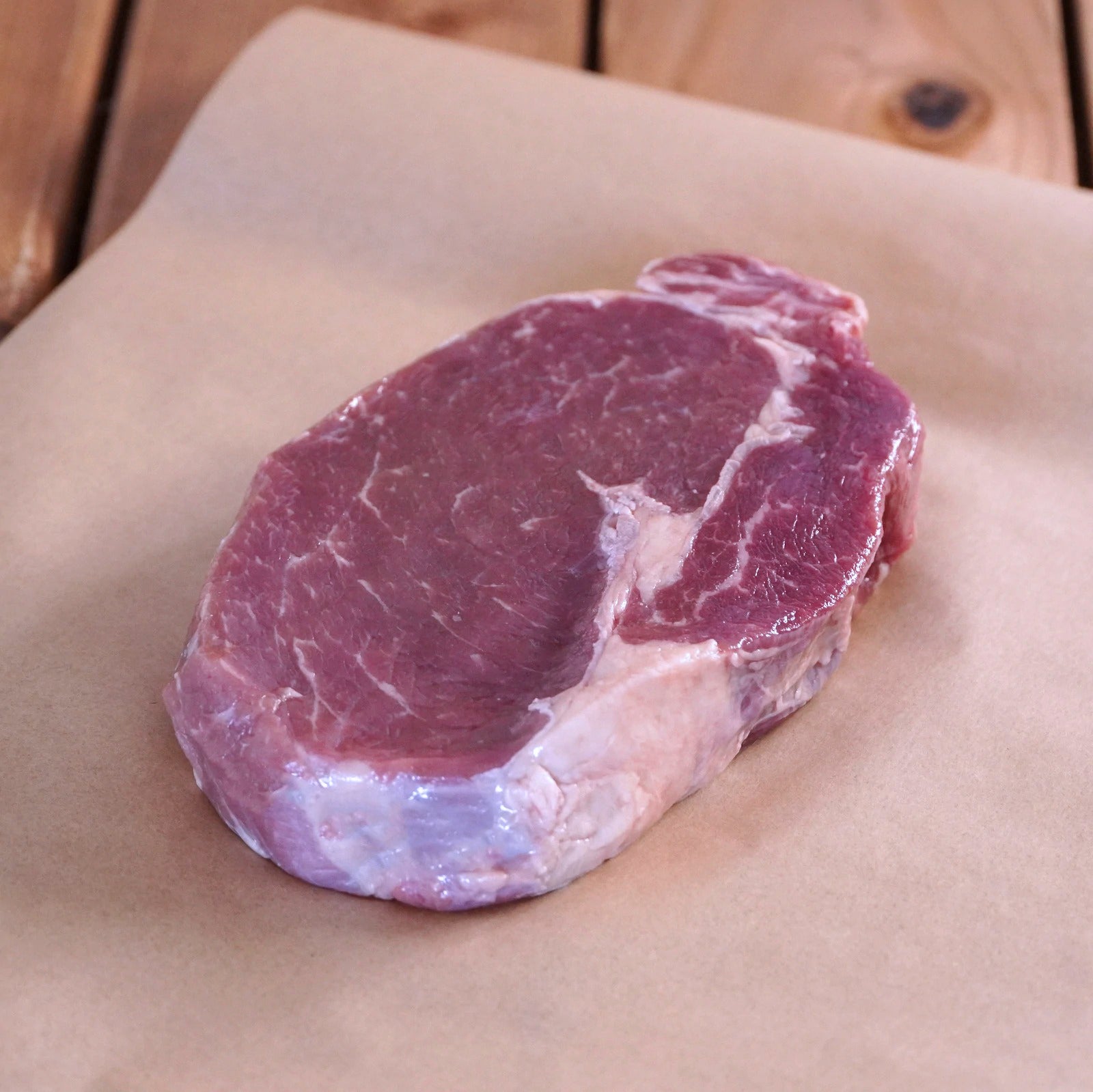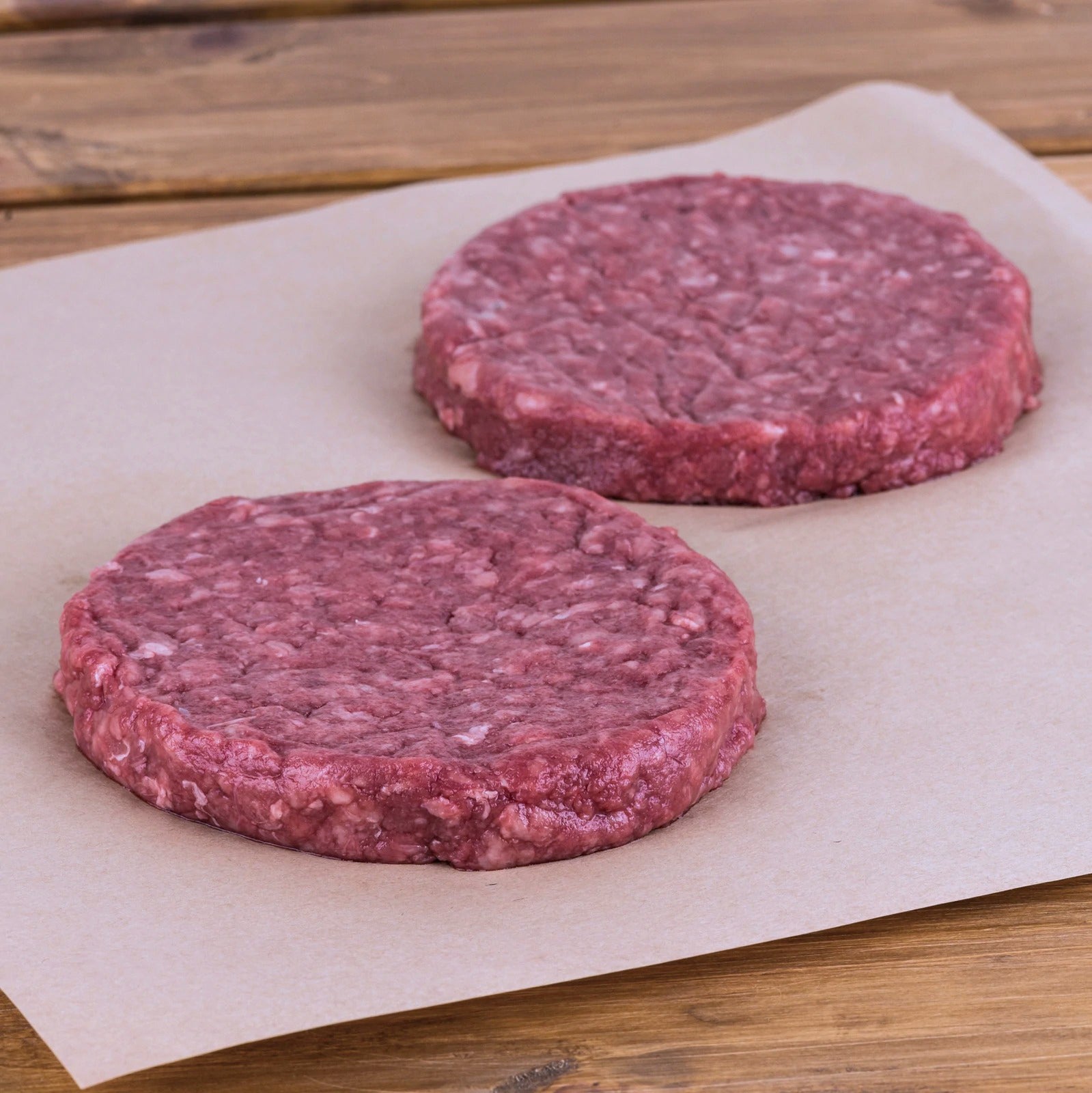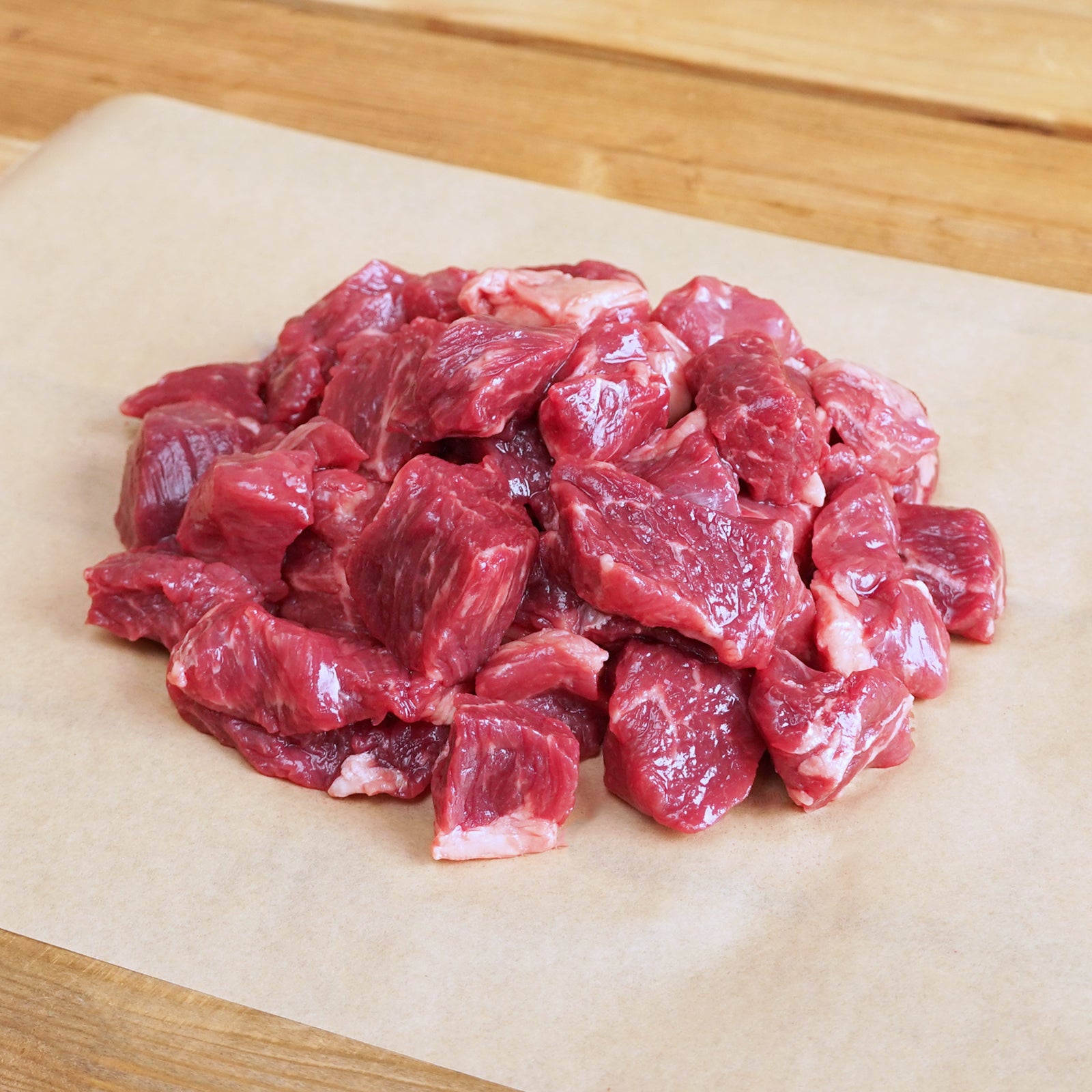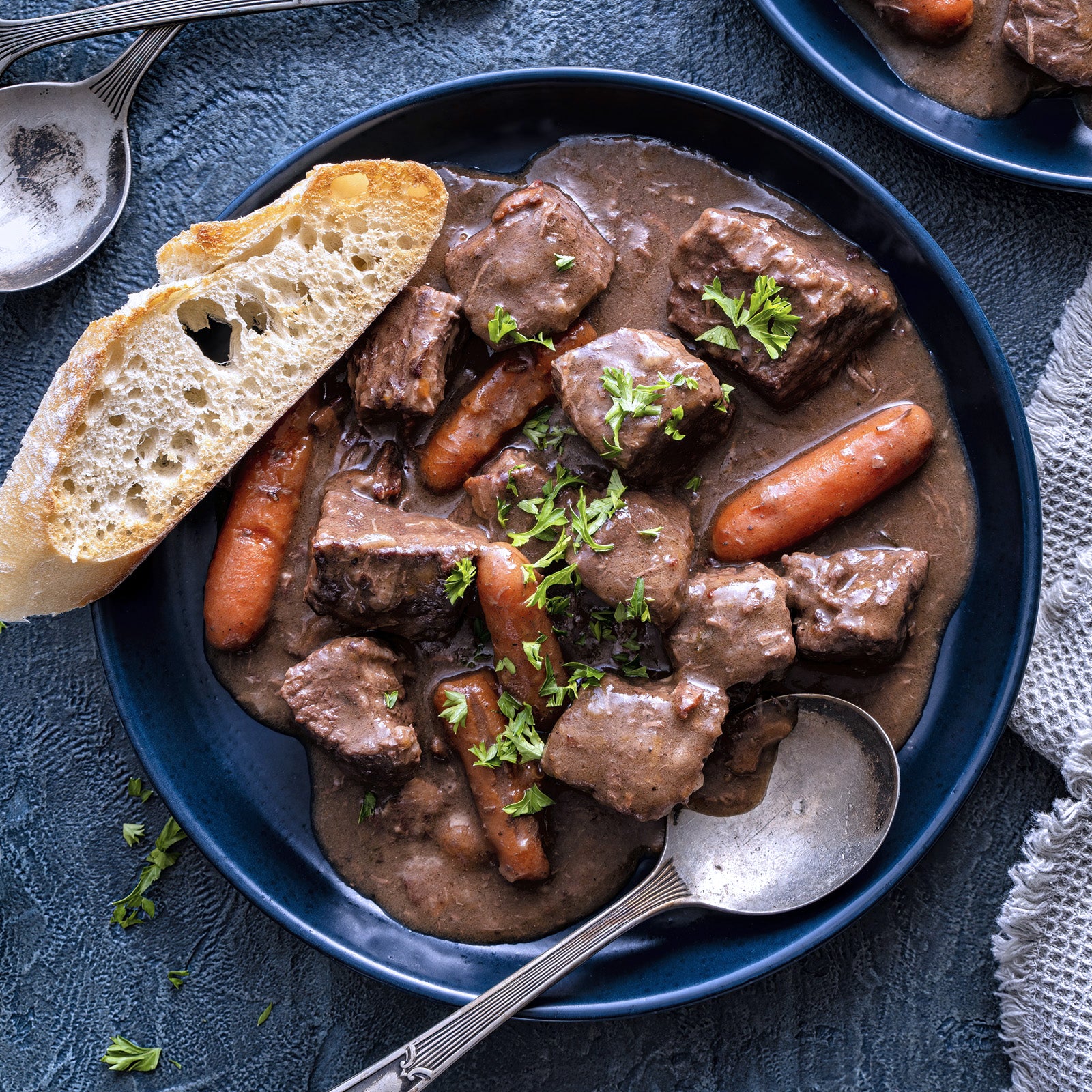Basic Information
Organic products are those that have been certified by a government or independent body for adhering to strict production standards. In Japan, only products that have been officially certified organic are allowed to display the words "有機" (yuuki) or "オーガニック" (organic).
Organic Standards in Different Regions
Japan: JAS Organic Certification
Japan's JAS Organic Certification is widely recognized as the standard for organic food in Japan. It is regulated by the Ministry of Agriculture, Forestry, and Fisheries (MAFF) and is based on the following key standards:
- At least 95% of the ingredients must be organic.
- No use of chemical fertilizers or pesticides during production, aiming to reduce environmental impact and preserve soil health and biodiversity.
- No use of genetically modified organisms (GMOs).
- Soil must be chemical-free for at least three years prior to cultivation.
- Full traceability throughout the supply chain, from production to processing and distribution.
JAS certification is highly trusted in the Japanese market, and its certification mark is widely recognized by consumers. However, in international trade, it is sometimes used alongside recognizable certifications from other regions as well.
United States: USDA Organic Certification
The USDA Organic Certification, established by the United States Department of Agriculture (USDA), is regarded as one of the strictest organic standards in the world. Products that meet this certification display the USDA Organic seal, serving as a trusted symbol for consumers seeking safe and reliable organic products. The certification applies to crops, livestock, processed foods, and even cosmetics, ensuring they adhere to rigorous organic standards. While USDA Organic shares many similarities with Japan’s JAS Organic certification, it places greater emphasis on animal welfare and environmental conservation.
USDA Organic certification is divided into categories based on the percentage of organic ingredients: "100% Organic," "Organic" (95% or more), and "Made with Organic Ingredients" (70% or more, cannot display USDA Organic seal). Each category has distinct labeling requirements based on its organic content.
Europe: EU Organic Certification
EU Organic certification is awarded to products that meet the strict standards set by the European Union. Certified products display the green "Euro Leaf" logo, a symbol of trust that signifies the product’s organic status both inside and outside the EU. As with USDA Organic, the EU Organic standards place greater emphasis on animal welfare and environmental protection than in Japan.
EU certification applies to a wide range of products, including crops, processed foods, livestock, and wine. Additionally, it requires clear labeling to indicate whether the ingredients were sourced within the EU or from non-EU regions.
Australia: ACO Organic Certification
Australian Certified Organic (ACO) is the leading organic certification body in Australia and is recognized for its strict standards. Products certified by ACO feature the "Bud" logo, a trusted symbol of high-quality organic products. ACO standards also place greater emphasis on animal welfare and environmental sustainability than JAS Certification in Japan.
ACO certification covers a wide range of products, including food, agricultural products, and cosmetics, and adheres to high international standards, making it a widely recognized and trusted certification in global markets.
France: ECOCERT Certification
ECOCERT is a certification body specializing in organic food and cosmetics, with a strong focus on natural ingredients and sustainable production methods. It guarantees that certified organic products meet strict environmental and health-conscious standards. Products with ECOCERT certification display the official logo, serving as a trusted indicator for consumers seeking safe and authentic organic products. While its standards align with Japan's JAS certification, ECOCERT places additional emphasis on environmental preservation and traceability, ensuring transparency throughout the production process.
Differences in Each Region
While standards are similar between regions, there remain several key differences between organic certifications that set them apart:
- Chemical Usage Standards: EU Organic Certification and ECOCERT Certification have particularly strict regulations on prohibited chemicals and pesticides.
- Regulations for Processed Foods: USDA Organic Certification imposes strict restrictions on additives and processing methods, with ACO having a similar level of stringency.
- Support for Producers and Transparency: Multiple certifications, such as ECOCERT, EU Organic Certification, and USDA Organic Certification, emphasize traceability and ethical treatment of producers.
- Region-Specific Standards: Each certification varies based on the agricultural environment and culture of its region. For example, Japan’s Organic JAS focuses on soil health, while EU Organic Certification emphasizes small-scale farming and environmental conservation. Australia’s ACO certification includes drought resilience and resource management considerations.
- Animal Welfare: EU Organic Certification and ECOCERT Certification have detailed regulations on animal welfare, whereas JAS Organic Certification maintains relatively basic standards in this area.
Determining Reliability
Reliability of each certification is not only determined by its strict standards, but also by its adaptability to regional regulations and market needs.
- Domestic Market in Japan: JAS Organic Certification fully complies with national standards and serves as a clear and recognizable indicator for Japanese consumers.
- International Market: USDA Organic Certification, EU Organic Certification, and ACO Certification are widely recognized globally. They play a crucial role in verifying the reliability of imported and overseas products.
Conclusion: Choosing Organic Goods that Suit You
When choosing organic products, it’s important to consider the purpose of the certification, the origin of the food, and the intended use. While Japan’s Organic JAS certification is highly trusted domestically, USDA Organic and EU Organic certifications are widely recognized as international standards.
If you're unsure about which organic products to choose, certification marks serve as a reliable indicator of quality and safety. Understanding these certifications and making informed choices can help you enjoy a safer and more satisfying diet.
At Horizon Farms, we offer a wide selection of organic foods. You can see our full collection here.
Disclaimer: Please note that while our explanations are correct, they are simplified for shortness and understanding. We encourage you to do further research on the topic.
Sources:
- Organic JAS Certification (Japan): Ministry of Agriculture, Forestry, & Fisheries. (n.d.). Organic JAS Organization, https://www.maff.go.jp/j/jas/jas_kikaku/yuuki.html
- USDA Organic Certification (USA): USDA. (n.d.). National Organic Program, https://www.usda.gov/farming-and-ranching/organic-farming/organic-certification
- EU Organic Certification (European Union): European Commission. (n.d.). EU Organic Farming, https://agriculture.ec.europa.eu/farming/organic-farming_en
- ACO Certification (Australia): Australian Certified Organic. (n.d.). ACO Certification, https://www.aco.net.au/
- ECOCERT Certification (France): Ecocert. (n.d.), https://www.ecocert.com/en/expertise/organic-farming


